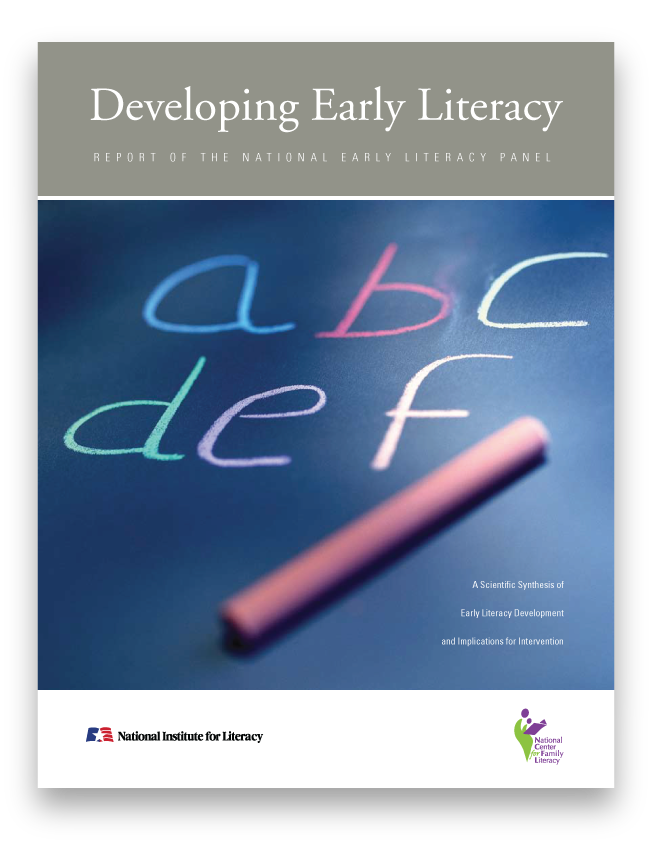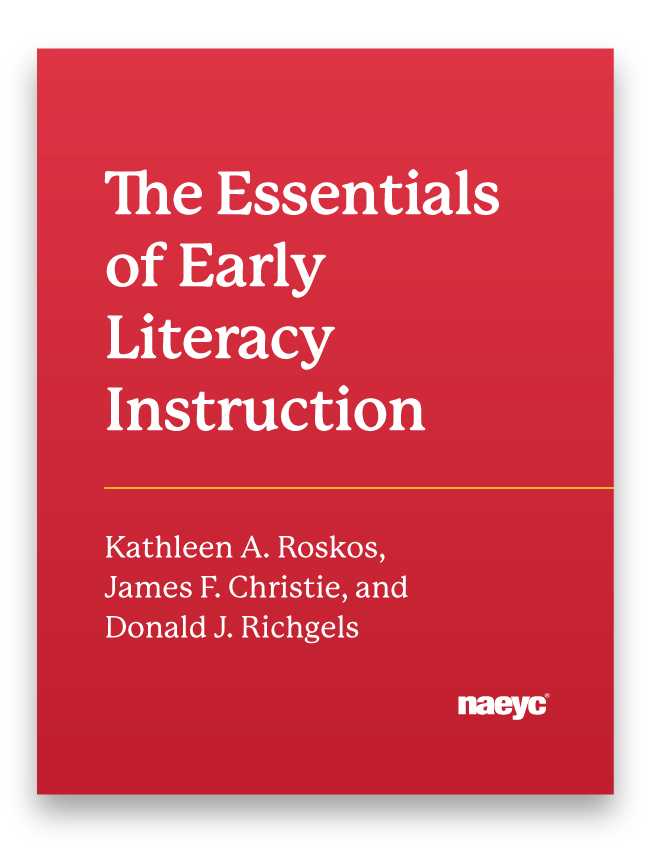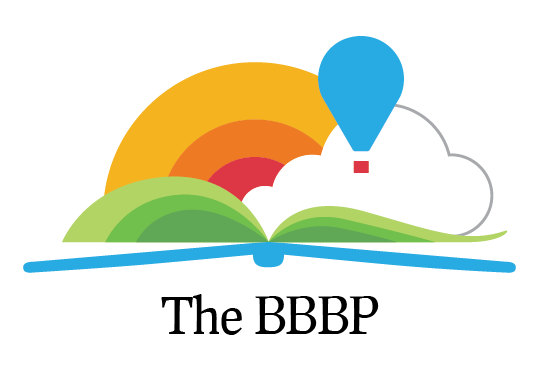
Research
Plentiful research shows that having books from birth increases early literacy skills, knowledge and habits - key components of Kindergarten readiness, AND predicts ongoing academic success more accurately than any other single factor.
Our own IL Parent Surveys tell us more time is spent with books by little ones on their own and with parents & other household members after Imagination Library book deliveries begin.
Below are just a handful of other studies that inform and inspire our work.
-

Our Own 2023 Survey! (2024 similar results but I am not adept at creating elements on this page) The BIG Change in 2024 was availability of a Spanish-English Bilingual Book list choice! As of Jan 2025 43% of Richmond-San Pablo little ones are getting those, and 14% of Berkeley-Emeryville's are.
Google form survey sent to parents / guardians of Imagination Library Book recipeints we enrolled. Same questions year 5 years running, similar results every year. Plus Comments, which we love!
-

Sutter County 2018 School Readiness Report
Published by Sutter County in 2018.
Summary of Findings: Familiarity with books and time spent with books during the first five years of life contributes significantly to a child’s Kindergarten-readiness.
Additional Notes: The findings of this study spurred the County Department of Education to expand the existing (but previously limited) Imagination Library program county-wide.
-

Imagination Library in Stanislaus County
Published by Stanislaus County, CA in 2020
Summary of Findings: Stanislaus County started the first Imagination Library partner program in California over 20 years ago. A longitudinal study from the 2010s demonstrated that Imagination Library — and, by extension, introduction to books early in life — was a key factor in determining Kindergarten-readiness.
-

Literacy & Life Expectancy
Published by the National Literacy Trust in 2018.
Summary of Findings: Literacy is linked to both socioeconomic and health-related factors. Those with low levels of literacy are more likely to be unemployed, have low incomes, have poor health, low health literacy and engage in harmful health behaviors, all of which puts them at a higher risk of a shorter life expectancy.
-

Family Scholarly Culture & Educational Success
Published by Elsevier in 2010
Summary of Findings: Children who grow up in homes with many books receive the equivalent of three years more schooling than children from bookless homes, independent of their parents’ education, occupation, and class.
-

Ongoing Research at Dolly Parton's Imagination Library
The Imagination Library began with Dolly Parton’s desire that every child, regardless of income, would have access to books. Since its founding, The Dollywood Foundation has conducted and encouraged research on the Imagination Library program in an effort to assess communities’ reactions to the program and its impact on children literacy.Read more about Imagination Library’s ongoing research by clicking the button below:
-

Developing Early Literacy
Published by the National Institute for Literacy in 2008.
Summary of Findings: Eleven variables, from alphabet knowledge to visual processing, demonstrated that children age 0–5 who were exposed to books categorically demonstrated higher levels of academic performance later in their education.
-

An Early Start with Books
Published by Educational Review in 1998
Summary of Findings: Children from inner city families who had participated in a pilot project of book gifting when they were babies were followed up to their first year in school and matched with a comparison group whose families received no book gift pack. Baseline scores revealed that the Bookstart group were significanty further ahead in six different measures of literacy and numeracy.
-

The Early Catastrophe
Published by the American Federation of Teachers in 2003.
Summary of Findings: In four years, an average child in a professional family would accumulate experience with almost 45 million words, an average child in a working-class family 26 million words, and an average child in a welfare family 13 million words. Bridging the gap after age 3 becomes almost prohibitively difficult, making early literacy paramount.
-

The Essentials of Early Literacy Instruction
Published by the National Association for the Education of Young Children (NAEYC) in 2003
Summary of Findings: A literacy-in-play strategy and early introduction to books aids children in learning important literacy concepts and skills, improves phonological awareness and their ability to recognize play-related print, and, helps them comprehend strategies such as self-checking and self-correction.
